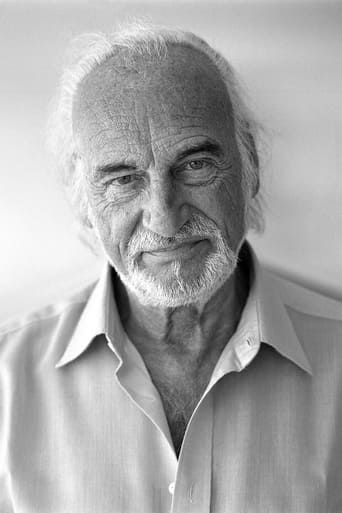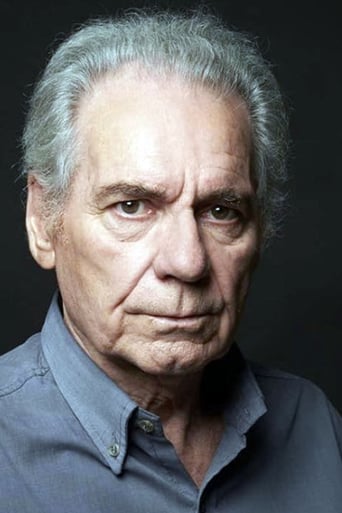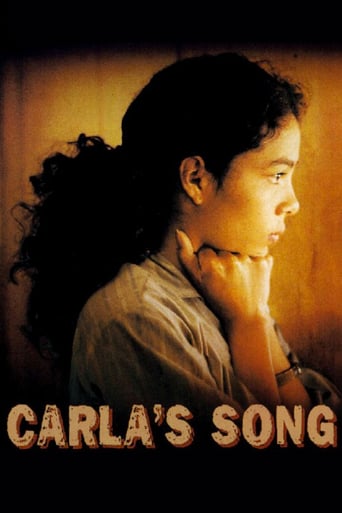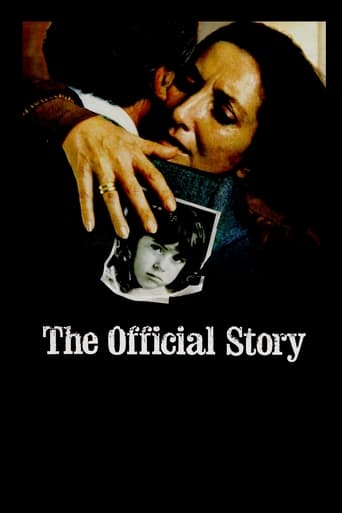
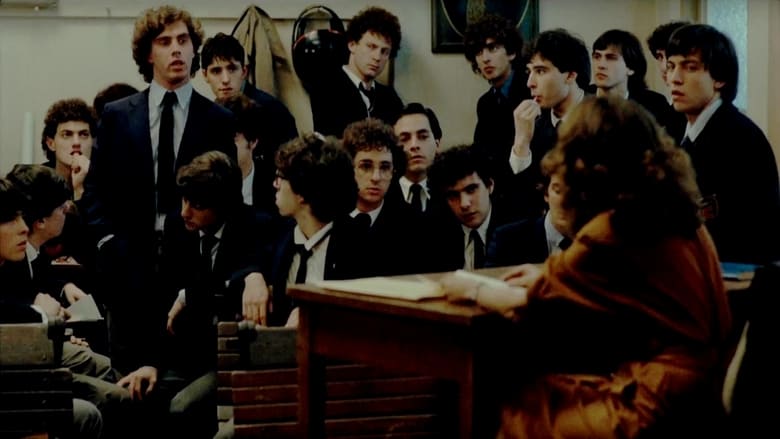
The Official Story (1985)
Buenos Aires, Argentina, 1983. In the last and turbulent days of the military dictatorship, Alicia, a high school history teacher, begins to ask uncomfortable questions about the dark origins of Gaby, her adopted daughter.
Watch Trailer
Cast
Similar titles

Reviews
I am only giving this movie a 1 for the great cast, though I can't imagine what any of them were thinking. This movie was horrible
if their story seems completely bonkers, almost like a feverish work of fiction, you ain't heard nothing yet.
The film may be flawed, but its message is not.
I enjoyed watching this film and would recommend other to give it a try , (as I am) but this movie, although enjoyable to watch due to the better than average acting fails to add anything new to its storyline that is all too familiar to these types of movies.
Since I am in fact Argentinian, maybe you can say is not right to take me serious. But, forgetting about the historical facts, this is such a PERFECTLY developed film. I'm gonna go just through ''film facts''. The complexity of the characters are so perfectly well portrayed by really talented actors and actresses (Norma Aleandro and Hector Alterio both go beyond the roles, outstanding performances). They start like a regular middle aged marriage of the epoch pretty much. But they grow up and change alongside the plot and story. The changes while story goes on are not forced and they are actually very well developed. The music, quiet and nice, but with that sense of ''something bad going on beneath'' is perfect. Spoiler part (kind of) --- What surprised me was in fact the complexity of the characters, and the slight changes while you dig into the story inside the story. The characters go from a friends regular talk, then laughs, then hysterical crying, in a matter of seconds! And totally believable! Then at the end of the movie both Alterio and Aleandro going through the breakdown, in just a second you feel so sorry for her and he becomes so hateful. Then he cries listening to his ''daughter'', and you feel also sorry for him! Just in a matter of seconds! And not to forget... the dialog, the script are one better than the other, and the list goes on and on. When he says in the airport ''don't think about it... just don't think'' and you think about the avoiding and the ''censorship'' in this one phrase. Or how about ''how does it feel not knowing where you daughter is?'' Splendid. Script: 10/10 Characters: 10/10 Music: 7/10 Camera and shots: 6/10 (the weakest point of the movie to be honest, but don't you worry, you won't even notice if you don't pay attention that much).Well done. Just... well done.
What is the official story of this film? I find the double meaning of this film's title to be quite ironic - that a history teacher does not even understand the history of her country, or political state that it is in. She also, does not understand where her adopted came from, or who her parents are. I appreciate the way that the lighting in this film highlights that irony. Her classroom and her house are both very dark, except for the splashes of sunshine that spill in from the windows. Also, it is overwhelmingly light outside when she is witnessing the picketing and rioting of the political groups of Argentina. Truly, the absence and presence of light plays an important role in The Official Story.
La Historia Official is a well-made film about awakening from passive complicity in evil, in this case, forced adoption. The Grandmothers of the Plaza de Mayo were and are an inspiration to those who struggle to uncover and resist abuses in adoption practices, be they the enslaved Irish women of the Magdalen laundries or the many indigenous peoples who had children forcibly removed from homes to be adopted by whites. Most of adoption does not involve abduction, but to turn a blind eye to the fact that it does exist, is to be passively complicit, as was the protagonist in this film.The scene in which the teacher realizes that tremendous evil has indeed been perpetrated, and that she may very well be the beneficiary of such evil, is staggering. Norma Aleandro is a talented enough actress that we believe her initial rejection of this revelation, and her gradual evolution from passive cohort to courageous seeker of the truth.
Luis Puenzo's 'La Historia Official' captures a moment in Argentine history from the perspective less common for it's home audience; the aristocracy. Inside the junta military (military rule) of Argentina from 1976-1983 there were many like Alecia Marnet, with their upper class stability and indifference to a rule that left them in power of their own destinies. Alecia is somewhat different in her work as a history teacher seemingly unaware of how history is written by the victors. Her subsequent change of heart parallels that of her country, without which change this film could never have made.There are plenty of compelling stories within 'La Historia Official' that sensitively portray the atrocities suffered by the Argentines at the hand of their own rulers. When Alecia is told of the uncharged detention and torture of her high school friend in a first hand account could hardly believe that such horrors could be committed by those who helped her family build a good life. She dismisses her students' news articles and pleads for peaceful renewal in the country, even threatening to expel them for questioning the official history accounts. Alecia at first reacts in denial to these challenges to authority in protection of herself from feeling guilt and shame for having benefited from others' suffering. It is entirely necessary for her to take the experience personally, through finding her daughter's true identity, for Alecia to accept and then come to terms with her own and her nation's true identity. This psychodrama is furthered by her own husband's opposition to the truth; his definition of success is motivated only when he is recognized with respect. As Alecia finds her husband's own family cannot respect his work, and she in turn can no longer respect him for his deceit, she in turn becomes one of the people before Argentina frees itself from its fascist rulers.There's much to love in any film made about the people like those who are making it. 'La Historia Official' may not represent anything distinctive technically from other films, but its story is a powerful tribute to its own country. The film however is entirely universal. Had the film taken place in fascist Spain or any other fascist ruled country, the only differences would probably be cultural and historical. Through Alecia we find the ability to learn the truth and rise in opposition within ourselves. 'La Historia Official' shows us the truth lay dormant within ourselves but should not be ignored for the sake of accepting the history we are told.

